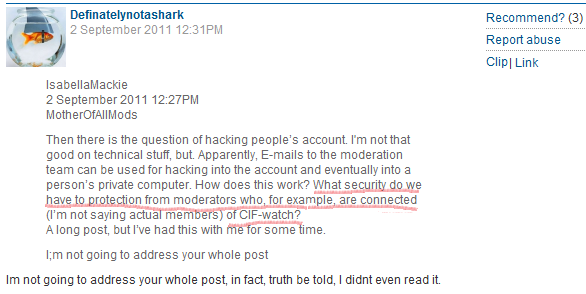In February we commented on the Guardian’s obsessive coverage of the ‘Prisoner X’ case – a story concerning a Mossad agent, named Ben Zygier, facing lengthy prison sentence for leaking highly classified information who committed suicide in Israel’s Ayalon Prison.


More recently, it was revealed that a second anonymous security prisoner was held at the same time that Zygier took his own life in the facility’s cell 15.
The Guardian’s Harriet Sherwood opens her report on the new ‘revelation’ (Israel admits holding second secret prisoner, July 11th), thus:
“Israel is holding a second unidentified security prisoner in conditions of extreme secrecy, according to court documents released this week in relation to Prisoner X, the Australian-Israeli secret agent who hanged himself in jail in 2010 and whose case caused a sensation when it was exposed earlier this year.
The existence of another top-secret prisoner was acknowledged in the Israeli parliament on Wednesday, although no details were disclosed.
But former foreign minister Avigdor Lieberman described it as “an exceptionally grave case”, and the lawyer for Ben Zygier, who was dubbed Prisoner X when details of his case were revealed in February, said the second prisoner’s alleged offences were “sensational”.
Israel insisted it was acting within the law in regard to secret prisoners held in isolation and whose identity is concealed even from prison guards.
The existence of “Prisoner X2″ was revealed in an appendix to a document released by the justice ministry on the circumstances of Zygier’s death.”
Sherwood then pivots to statements made earlier about such secret prisoners by Israel’s public security minister:
“The public security minister, Yitzhak Aharonovitch, denied that he had lied when he said in the aftermath of disclosures about Zygier that there were no other secret prisoners in Israeli jails.”
So, did Minister Aharonovitch in fact say that there were no other “secret prisoners” as Knell claims?
Well, as Hadar Sela at BBC Watch noted in a post about similar claims made by the BBC’s Yolande Knell, Aharonovitch did not in fact say that there were no other “secret prisoners” in Israel. The following is an English translation (by Sela) from a video embedded in this Hebrew article in which the Minister reads his own words verbatim from the minutes of the Knesset meeting of February 20th, 2013 to clarify what he said regarding such secret prisoners:
“In the State of Israel there are no nameless and disappeared prisoners. In the State of Israel there is no conduct in the shadows. In the State of Israel there is appropriate legal supervision and guidance and there is also concern for the security of the State of Israel: concern which in order to take care of it, sometimes it is [necessary] to operate in great secrecy.”
Aharonovitch clarifies the point:
“Indeed in the State of Israel there are no prisoners who disappear and their families do not know of their arrest. There are also no prisoners who disappear and the judicial authorities, the advocate and the courts do not take care of their affairs.”
Contrary to Sherwood’s claim, Aharonovitch did not say that there were no other “secret prisoners in Israeli jails”, but that there are no “nameless” and “disappeared” prisoners as there are in tyrannical countries without judicial checks and balances. The personal information on some security prisoners is sometimes not released to the media, but such prisoners are not – as Aharonovitch noted – “hidden” from the judicial system or the courts, nor denied proper legal counsel. Further, Israelis’ elected representatives – members of the Knesset committee for security and foreign affairs – are also fully informed about the details of such top security prisoners.
As much as the Guardian has tried to spin the initial row over such ‘secret’ prisoners as emblematic of the Jewish state’s illiberal nature, the evidence shows that even those Israeli prisoners guilty of gravest national security crimes are afforded the rights of due process to a degree fully consistent with democratic norms.




